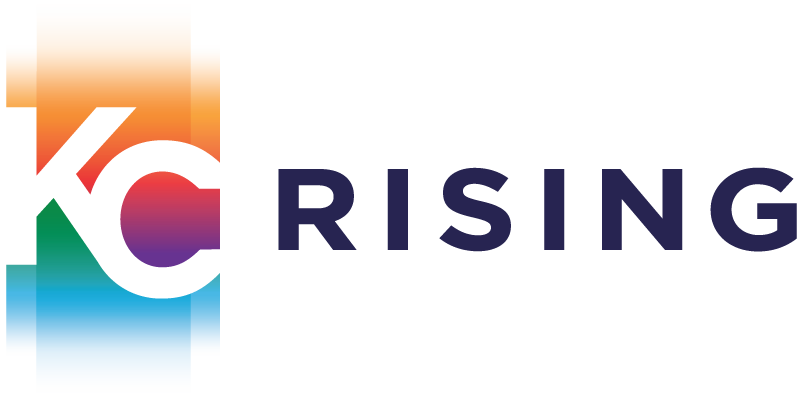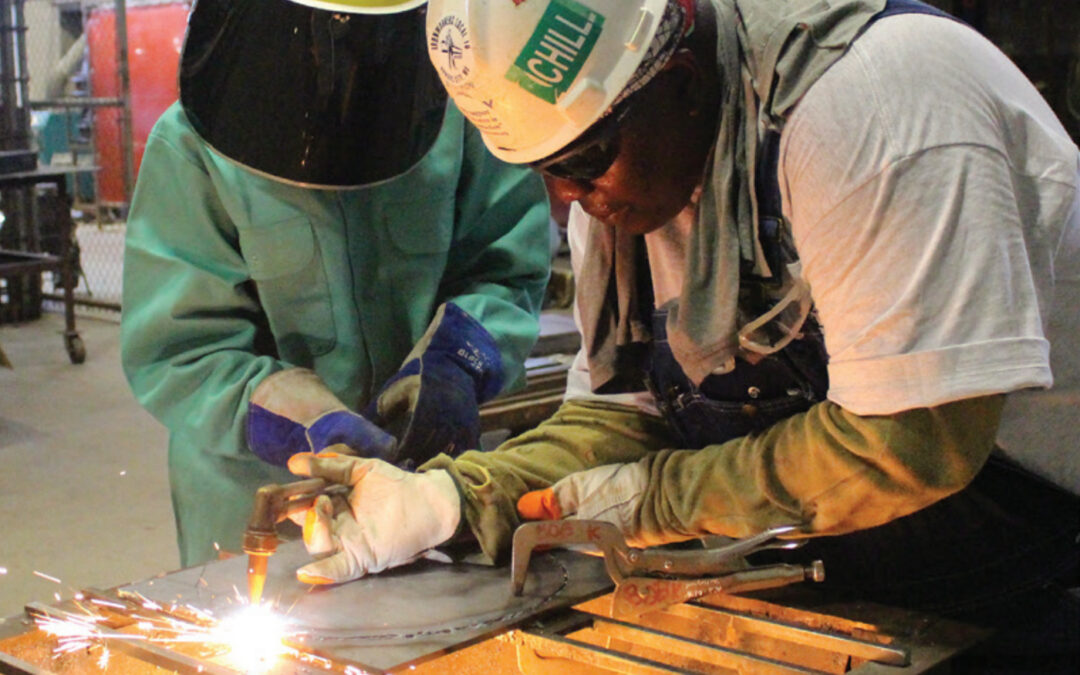Innovation is a key factor to a growing economy, and there are a variety of ways to measure its impact. From investment of venture capital and number of startups and their growth to patents and peer-reviewed scientific articles all are measures of innovation.
According to a recent analysis by Brookings on the R&D activity in KC:
- There were more than 20,000 peer-reviewed scientific articles from area researchers and scientists since 2016.
- More than 25 percent of peer-reviewed articles are sponsored or co-authored by businesses across the region, which is higher than the U.S. average.
- When analyzed by discipline, there is a concentration in the life sciences. Common business sponsors include national and global firms like AstraZeneca, Bayer, Merck, Pfizer, GSK, Eli Lilly, Abbvie, Amgen, Novartis, Regeneron and GE Health; and local firms like Mid-America Heart Institute, Children’s Mercy and Stowers.
These findings suggest a strong orientation toward what is often called “translational research,” an important application of discoveries, either in the marketplace or to further scientific study.
Metros including Indianapolis, a KC Rising benchmark metro, have helped spur economic and business growth through an expertise in translational research. Could KC do the same?
Specialized areas that the Kansas City region has high concentrations of activity and high potential for commercial growth include pharmacology, experimental medicine (which contains biologics), oncology, immunology and cardiology.
What would happen if KC were to bring intention and action to these areas of strength where there is a distinct competitive advantage? The KC Rising Traded Sectors Committee is devising a strategy to do just that.

